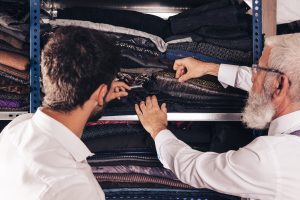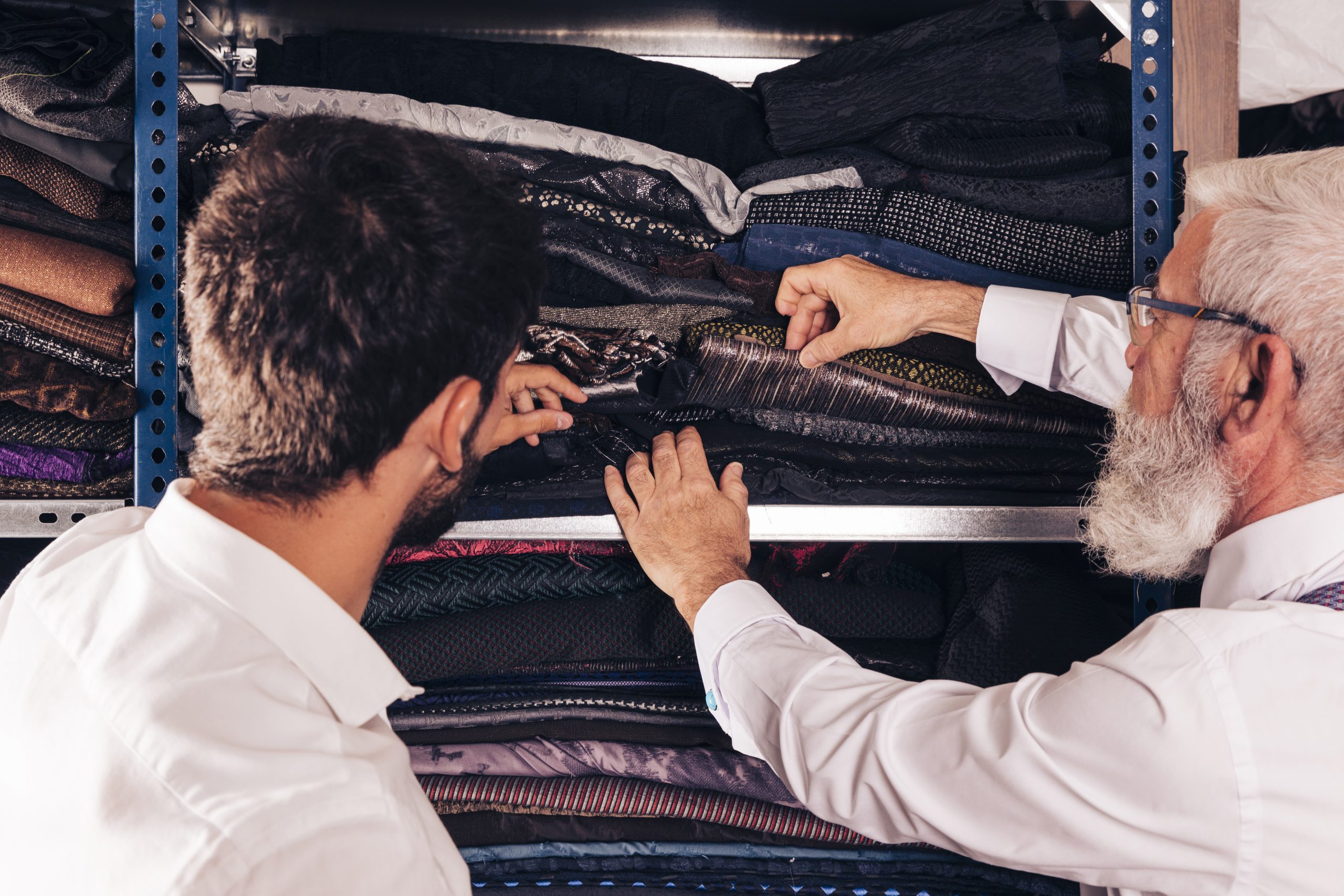It’s always been our mission to be plugged into what’s happening in the global climate, and in the advent of the COVID-19 pandemic, that’s no different. As a customs broker and consulting agency, we are closely monitoring the situation. As such, we thought it would be interesting to have a chat — a virtual chat! — with our Founder and President, Adam Lewis.

Adam Lewis, President & Founder at Clearit USA
We’re talking about the impact that COVID-19 has had on the import, logistics, and supply chain industry at large.
What are some changes you’ve seen in the global trade market since COVID-19 became an issue?
For a lot of big businesses, it’s never been more important to go into pure survival mode. This will especially impact big box retailers.
But, to focus on the positive, we’ve seen grocers do a really great job at maintaining inventory with a tight supply chain. And opening up their business online, too.
In general, small businesses have been tasked with getting creative, in terms of pivoting what they do and cutting their losses where possible. Because they’re smaller, it’s more easy for them to change things up. For example: importing medical supplies into the US.
It’ll be critical that, in the next few months, businesses search for ways to drive alternative revenue streams and keep the lights on. This situation is not permanent, so when things return back to normal, you want a healthy business to return to!
Do you have any pointers for importers or any other logistics-related businesses during this time?
For sure, you’ll want to take a close look at your admin and operations to make sure you’re managing resources frugally. In this situation, typically we’d say that being prepared for everything is the name of the game. However, in the past, we’ve had time to predict and prepare for economic downturns.
But the pandemic changed things so quickly! Look at international trade operating at its peak just a few weeks ago. So, now it’s time to make smart, mindful, calculated business decisions to keep things running smoothly.
Because we’re an essential service, Clearit is still in operation and helping importers navigate these times. Because we’re a COD service, we’re better poised to work with importers, including first timers. Credit drying up has really caused a disruption, so cash will be king.
You’ll want to avoid situations where your supply chain partner refuses to move your goods until your previous bills are paid. Especially if you’re looking at importing essential goods — the impact of this will trickle down.
How has the U.S. been handling imports during the global pandemic?
We’re happy to report that because the U.S. has been strategically lowering requirements, the flow of goods into the country has been pretty seamless. Because manufacturing plants are shut down, Americans have to rely on other countries to produce for them. If you’re a first-timer this might be difficult to navigate, however the U.S. drawing back barriers (for a limited period) makes things easier.

Now the FDA is loosening up their requirements for certifications and documentation — for now. Most products are non-dutiable at this point.
Moving forward, what are some learnings we can take from this?
To circle back on what I said, it’s really important to ensure preparedness. Importers are buying more overseas products than ever — due to the low cost. However, we’ve seen it time and time again, importing a new product without doing the right homework can get expensive.
It’s important to us to keep a close relationship with our customs and trade consultants, so we can help importers make the right decision. It’s ideal that you loop in professional consultants into the process so they can help you calculate risk and landed cost, because actually placing your order. This’ll save you cash in the long run.
If you want to learn more about how Clearit USA is helping importers continue on during these uncertain times, click here to start a conversation.






